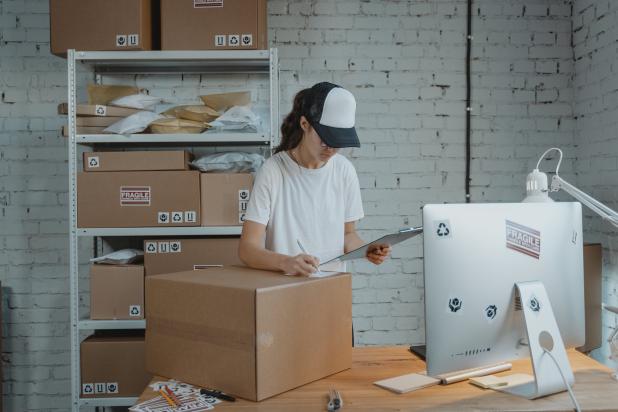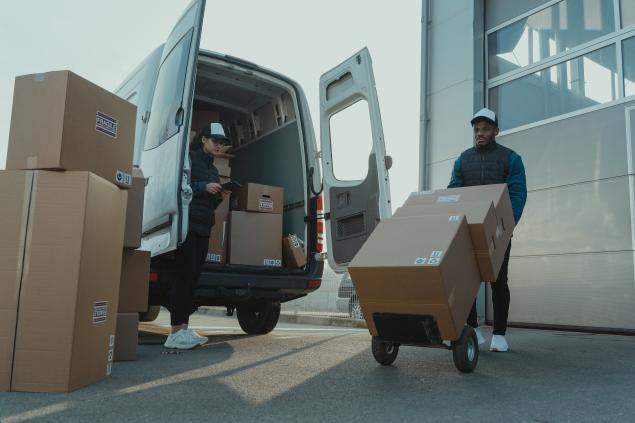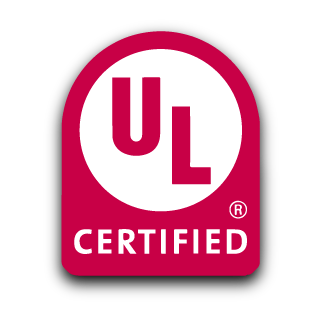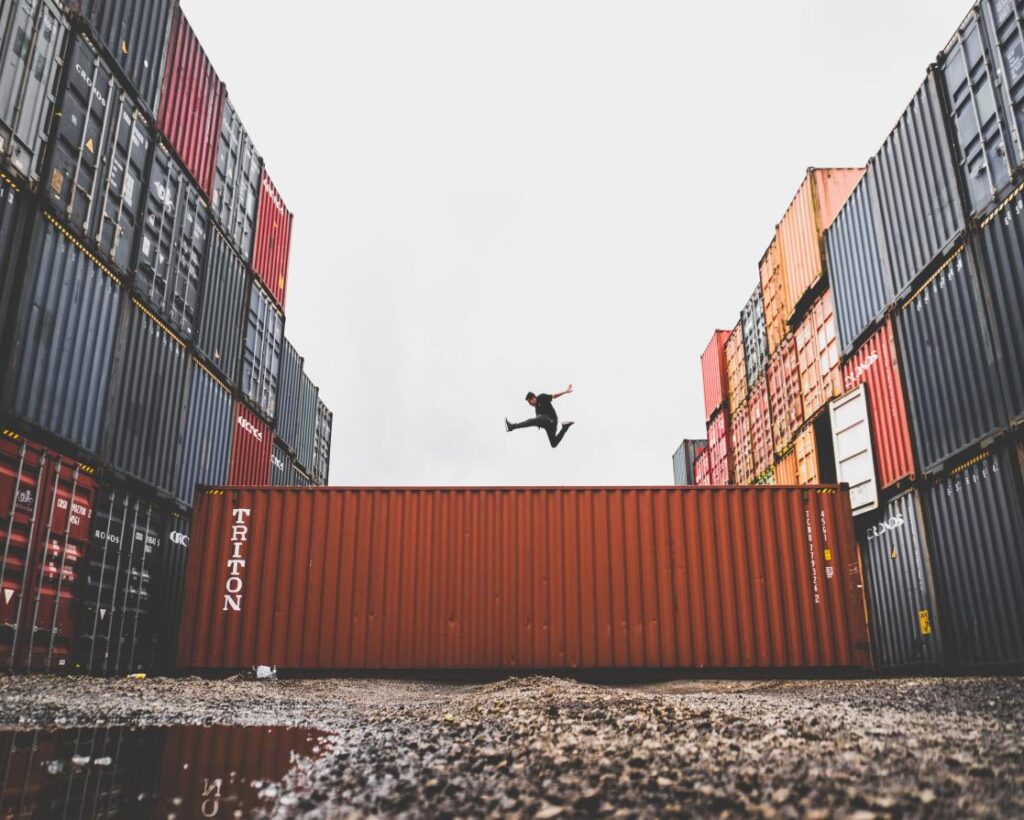In the dynamic and ever-evolving world of supply chain management, reverse logistics services have emerged as a crucial component for businesses aiming to maximize efficiency, reduce waste, and enhance sustainability. Unlike traditional logistics that focus on the forward movement of goods from manufacturers to consumers, reverse logistics deals with the process of moving goods from the end-user back to the manufacturer or point of origin. This often involves product returns, recycling, refurbishing, or responsible disposal of used products.
Understanding Reverse Logistics
Reverse logistics is a comprehensive term encompassing a range of activities aimed at optimizing the return process and minimizing the environmental impact of discarded products. These activities include product returns, remanufacturing, recycling, and disposal. With the rise of e-commerce and increased consumer expectations, companies are recognizing the importance of having a well-structured reverse logistics strategy in place.

Key Components of Reverse Logistics Services:
- Product Returns Management: Efficient handling of product returns is a critical aspect of reverse logistics. Companies need a streamlined process to assess the condition of returned items, determine if they can be resold, refurbished, or if they need to be disposed of responsibly.
- Remanufacturing and Refurbishing: Reverse logistics involves the process of remanufacturing and refurbishing products to extend their lifecycle. This not only reduces waste but also allows companies to recapture value from returned goods.
- Recycling Initiatives: Environmentally conscious companies are increasingly adopting recycling initiatives as part of their reverse logistics strategy. This involves breaking down materials from returned products and reusing them in the manufacturing process, contributing to the circular economy.
- Asset Recovery: Reverse logistics services also focus on recovering valuable assets from returned products. This may include salvaging components, parts, or materials that can be reused in the production of new goods.
Benefits of Reverse Logistics Services:
- Cost Reduction: Implementing effective reverse logistics processes can lead to cost savings by optimizing the handling and disposition of returned products. Companies can recover value from returned items through resale, refurbishing, or recycling.
- Enhanced Customer Satisfaction: A well-managed reverse logistics system contributes to positive customer experiences. Quick and hassle-free return processes can enhance customer satisfaction, leading to increased loyalty and repeat business.
- Environmental Sustainability: By incorporating recycling and responsible disposal practices, reverse logistics contributes to environmental sustainability. Companies can reduce their carbon footprint and demonstrate a commitment to eco-friendly business practices.
- Compliance and Regulations: Adhering to environmental regulations and compliance standards is crucial for businesses. Reverse logistics services help companies navigate complex regulations related to the disposal and recycling of products.
In an era where sustainability is a growing concern and consumers are increasingly conscious of their environmental impact, reverse logistics services have become indispensable for businesses.

Implementing efficient and environmentally responsible reverse logistics processes not only helps companies save costs but also positions them as socially responsible entities in the eyes of consumers. As businesses continue to evolve and adapt to changing market dynamics, the integration of reverse logistics services will likely play a pivotal role in shaping the future of supply chain management.


